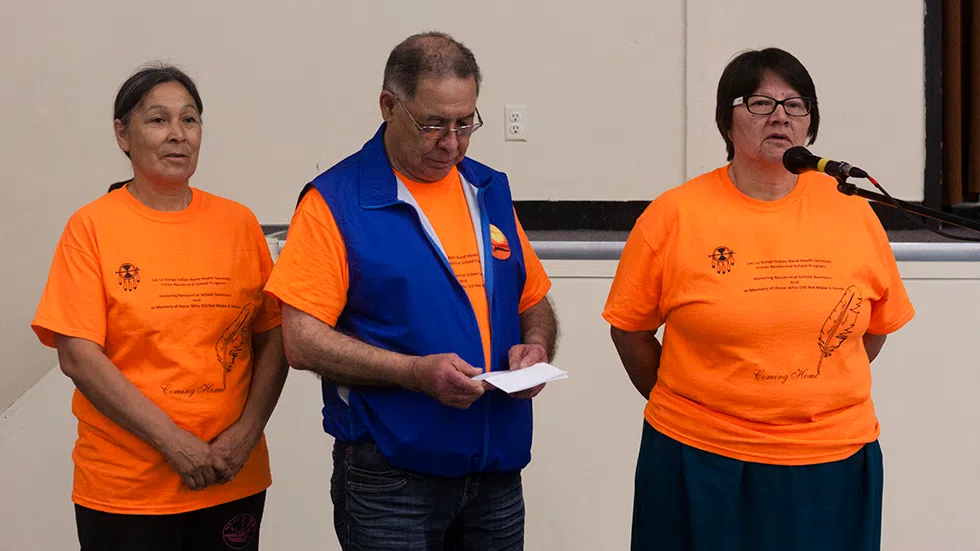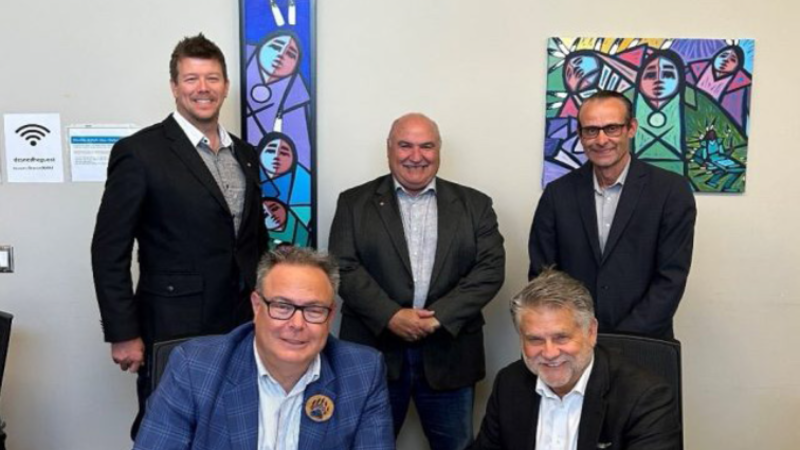
Decision to destroy residential school documents draws criticism
A recent Supreme Court decision has drawn the ire of Saskatchewan residential school survivors as well as the Federation of Sovereign Indigenous Nations (FSIN).
On Oct. 6, the Supreme Court of Canada allowed the government to destroy testimonies which contain information about abuses committed at the schools.
Survivor Tom Roberts organized a walk between the Prince Albert Grand Council buildings, the former site of the Prince Albert Indian Residential School, and Stanley Mission with a group of survivors in 2016.
“If they destroy those [records], our children’s, children’s, children, their grandchildren won’t even know what happened to our parents, our grandparents, what they went through,” Roberts said. “There still will be some records that will be available.”


